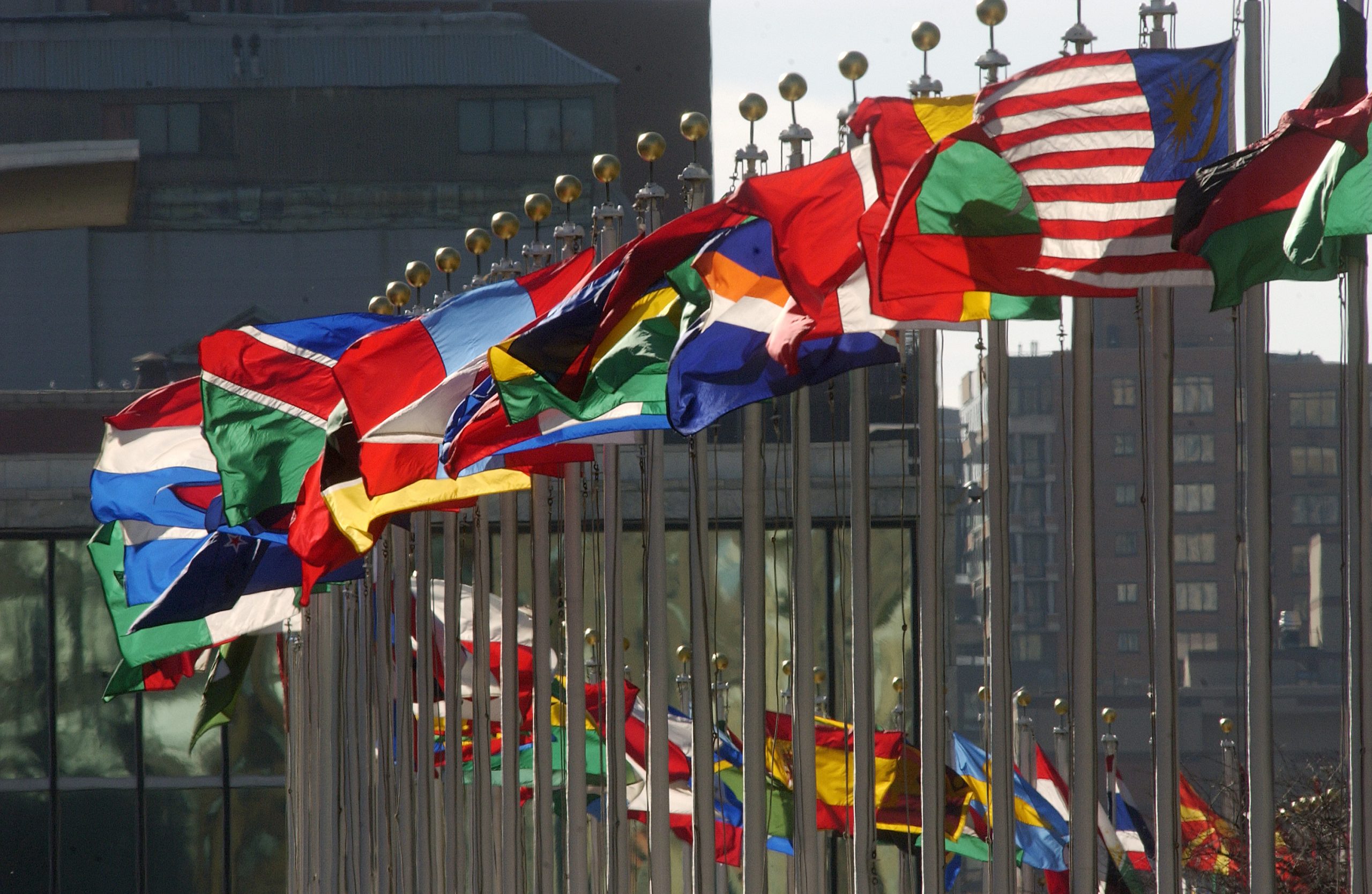With countless recent examples of restrictive and repressive measures taken to silence or discredit civil society actors, the UN’s new report drawing together examples of some good practices across the UN, is timely. Re-stating the vital contribution of civil society actors, the report goes on to cite examples of good practices of UN entities engaging with and protecting civil society. The report recommendations – aimed at encouraging improvement across the UN system as well as by States – echo several which ISHR has consistently voiced .
ISHR’s Eleanor Openshaw said that good practice examples to inspire reform by the UN and States were valuable.
‘In days where we’ve seen journalists being arrested in Minneapolis and an increasing number of defenders murdered in Colombia – as just two such examples – we need States and UN bodies to revise and strengthen their practice to ensure the voice of civil society is heard and safeguarded,’ she noted.
The new UN report repeatedly states the value of the contribution of civil society. It cites examples of UN bodies working at country level to build capacity of local civil society actors; challenging barriers to the participation of civil society in decision-making positions in country, or calling for the protection of the lives of protestors. It also cites several examples of bodies that have defined policies and guidelines for engaging with civil society.
‘The report contains examples where discussion between different stakeholders has been formalized and where their input is part of the process from policy inception to implementation,’ noted Openshaw.
One such example is the Inter-Agency Standing Committee (IASC), created by the UN General Assembly which styles itself as ‘a unique inter-agency forum for coordination, policy development and decision-making involving the key UN and non-UN humanitarian partners’.
‘This example of civil society having a seat at the table in recognition of the experience and expertise they bring to the issue makes more evident the lack of such opportunities in other spaces, particularly in human rights bodies,’ said Openshaw.
The report also highlights clear gaps. One of the key findings is the absence in 2/3 of UN mechanisms of means to contest restrictions on civil society participation or access to information.
Whilst the report makes no explicit reference to Covid-19, having sought input prior to the onset of the pandemic, it does contain recommendations that speak to shifts in practice the pandemic has engendered.It notes how the impact of any modifications should be assessed to ensure civil society is not disadvantaged or disproportionately affected.This is one of several recommendations ISHR and other civil society have been making over time.
‘It’s great to see that the UN has reflected the recommendations of civil society groups such as ISHR, who have experience working with defenders and engaging with UN and regional organisations,’ noted Openshaw. ‘It’s but one example of civil society expertise adding value.’
The need for the UN to improve and make more consistent its work to promote, engage with and safeguard civil society has been a long-term call.The Secretary General made such a recommendation in his 2018 report on the Declaration on Human Rights Defenders, and again in his recent Call to Action for Human Rights. This new UN report was as a result of the request made by the Human Rights Council in 2018.
A resolution on civic space is due to be negotiated this June at the Human Rights Council, although the modalities for the session are still being confirmed.
‘States must be categorical in their promotion and defence of the work of civic society, and encourage the UN and regional bodies to improve their practice,’ noted Openshaw. ‘We’d like to see the UN now move to defining a UN-wide strategy for working with and for civil society.’
‘We face so many challenges and civil society should be right at the heart of defining solutions,’ she added.
Along with the full report, the UN has produced a one-pager summarizing key report recommendations.




